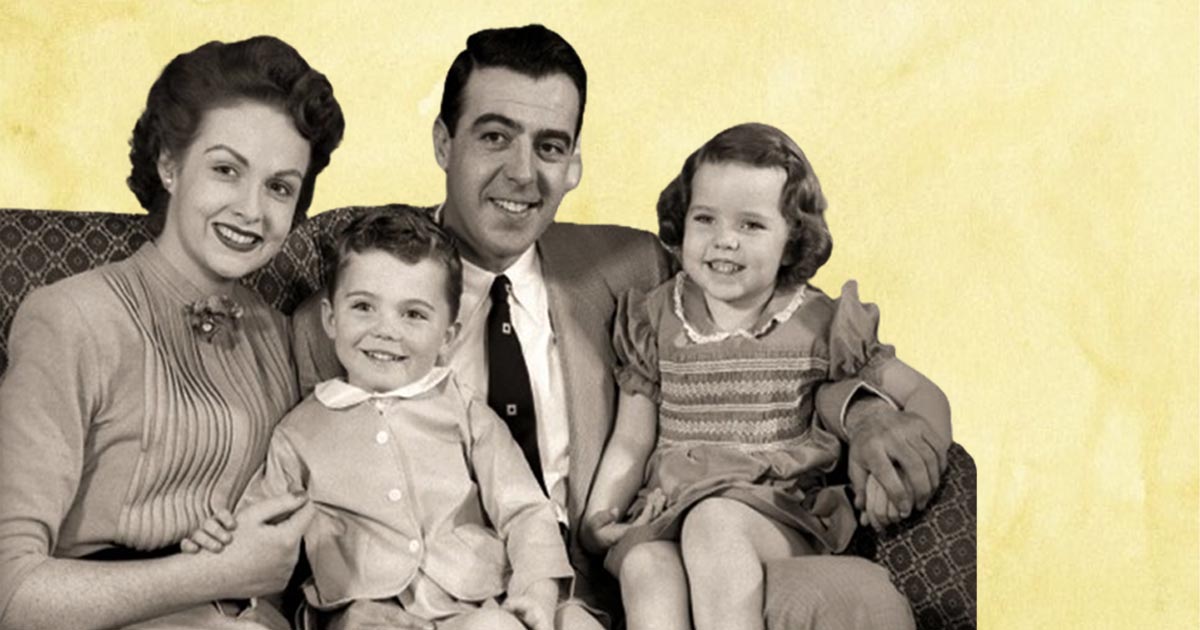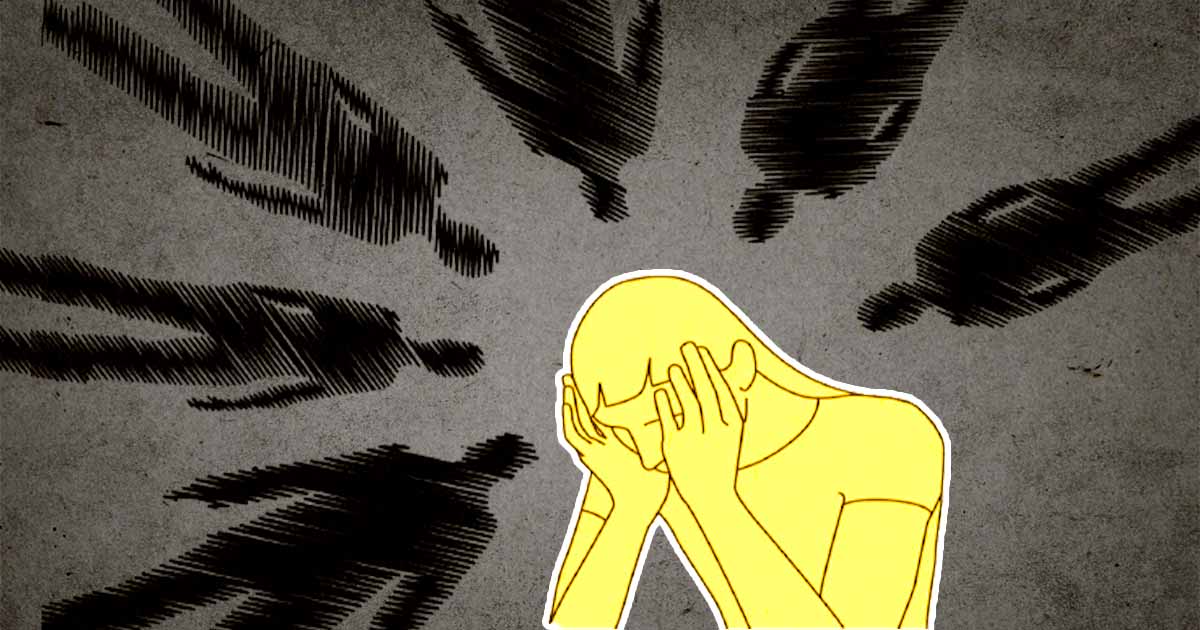As a parent, you are well aware with the struggle of getting your child to sleep. But what if it’s more than just the occasional bedtime drama? What if it’s a sign of something deeper – childhood insomnia?
It’s the tug-of-war between your child’s desire for a good night’s sleep and restless night. It’s the constant fatigue that affects their daily life, from school performance to emotional well-being. It is a concern that keeps you up at night, wondering how to help your child find the peaceful sleep they need.
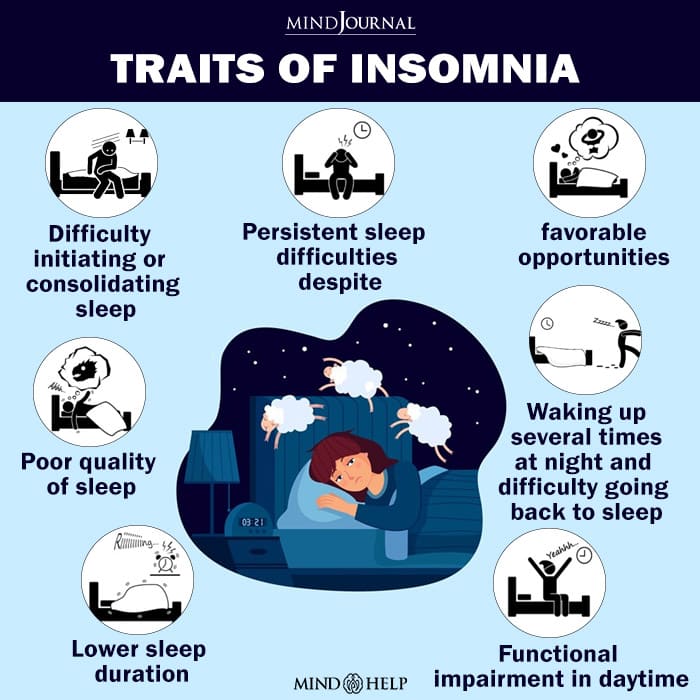
Let us explore the crucial aspects of this topic, providing you with a holistic understanding of the issue. In addition to presenting the causes of the issue and the potential treatment for childhood insomnia, we will also help you explore the connection between childhood trauma and insomnia.
How Much Sleep is Necessary For Children?
Children’s sleep needs vary based on their age. To function at their best and to support their growth and development.
Here’s a breakdown of the recommended hours of sleep for different age groups:
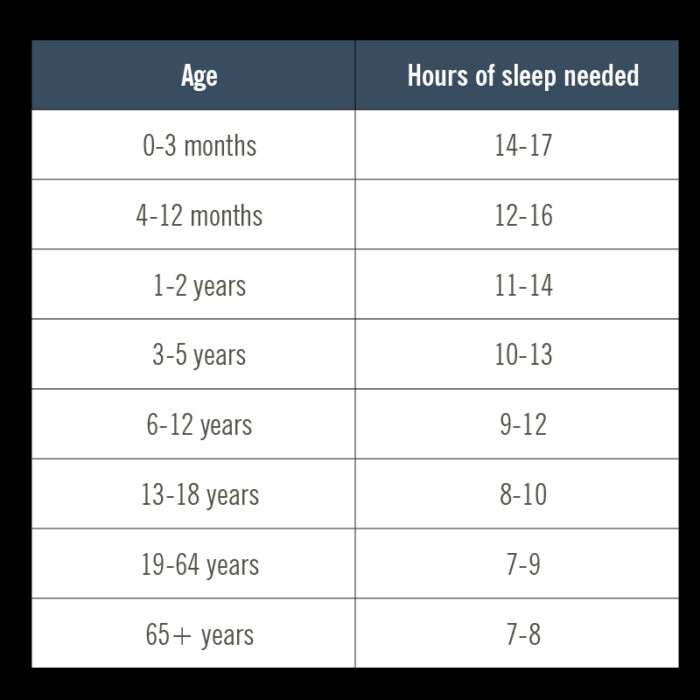
1. Infants (4 to 12 months)
Infants need the most sleep, totaling around 12 to 16 hours per day, which includes naps. They sort their sleep patterns through shorter wakeful periods and frequent napping.
2. Toddlers (1 to 2 years)
Toddlers still require a substantial amount of sleep, generally about 11 to 14 hours per day, including naps. Their sleep is vital for their physical and cognitive development.
3. Children (3 to 5 years)
Preschool-aged children typically need 10 to 13 hours of sleep daily, including naps. Adequate sleep supports their growing bodies and active imaginations.
4. Children (6 to 12 years)
School-age children generally need 9 to 12 hours of sleep each night. Consistent, quality sleep is crucial for their academic performance and overall well-being.
5. Teens (13 to 18 years)
Teenagers should aim for 8 to 12 hours of sleep per night. Despite their busy schedules, prioritizing sleep is essential for their physical and mental health.
Understanding the recommended sleep times for your child’s age group is the first step in ensuring they get the restorative sleep they need for a healthy and fulfilling life.
Understanding Childhood Insomnia Causes
Insomnia in children can be a perplexing issue with a variety of potential causes. Understanding these underlying factors is crucial for effectively addressing your child’s sleep difficulties.
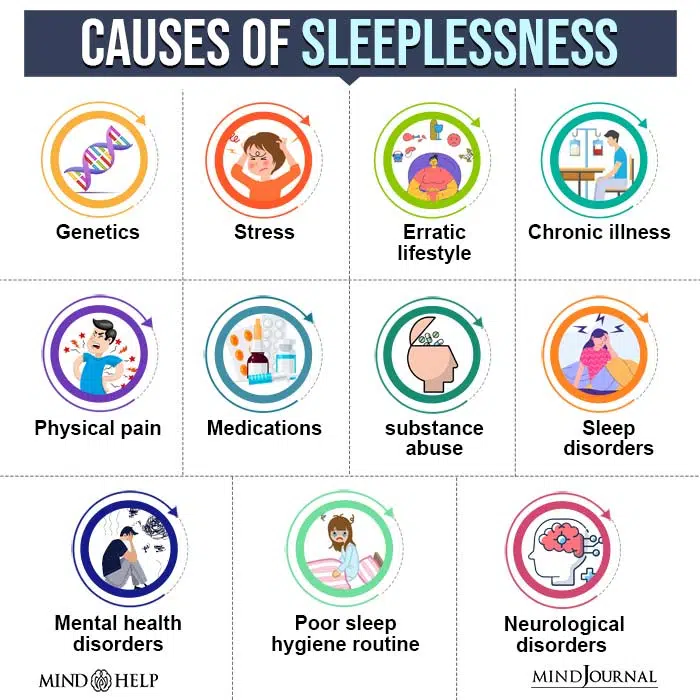
The following are some of the causes of insomnia among children:
1. Habits
For many children, their sleep troubles can be traced back to their daytime habits or activities right before bedtime. Consuming excessive sugary foods during the day or watching TV right before bedtime can disrupt their sleep patterns.
2. Stress and Anxiety
Children, despite their age, can experience stress triggered by school-related issues, such as academic challenges or problems with friends. Anxiety in children can also arise from family dynamics, such as parents’ divorce.
3. Medication
Certain medications prescribed for conditions like attention deficit hyperactivity disorder (ADHD) or depression can inadvertently lead to insomnia as a side effect in children. It’s crucial for parents and caregivers to be aware of potential side effects when their child is taking such medications.
If insomnia becomes a concern, it’s essential to consult with a healthcare provider to discuss possible adjustments to the treatment plan or alternative medication options.
Additionally, it’s worth noting that in some cases, childhood insomnia can result from a seemingly counterintuitive factor: spending too much time in bed. This is particularly common among early teens and adolescents who may have irregular sleep schedules or spend excessive time in bed during the day, disrupting their nighttime sleep patterns.
Relation between Childhood Trauma and Insomnia
Modern lifestyles and the increased stressors around children create a toxic environment for our kids. Understanding the pathways through which childhood trauma affects health is crucial, and one such pathway may be its impact on sleep. Understanding these childhood insomnia causes can help your child.
Childhood trauma can disrupt the delicate architecture of your child’s sleep, leading to changes in their sleep cycles and stages. While experts are still piecing together the precise mechanisms, it appears that rapid eye movement (REM) sleep is a crucial phase for memory storage and emotional processing.
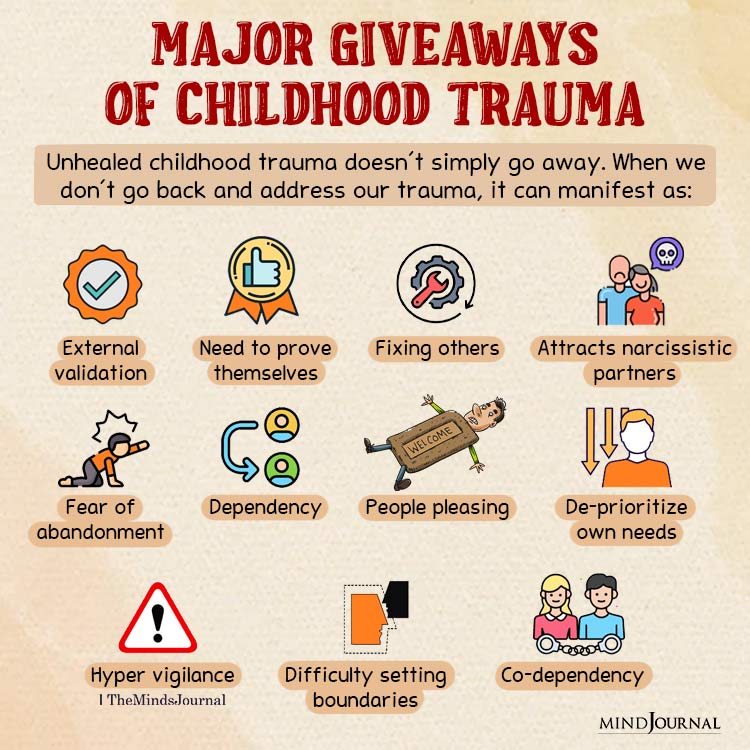
Distressing dreams and nightmares are common companions for those who have experienced trauma. These dreams can either vividly replay the traumatic event or encapsulate the intense emotions, intricate details, and symbolic representations linked to the ordeal.
Experts speculate that these dreams may stem from the brain’s fear response, offering a glimpse into your child’s effort to navigate the complexities of trauma.
Read More: Post-Traumatic Stress Disorder in Children
Childhood Insomnia Treatment
As parents, ensuring the well-being of our children is our utmost priority. We understand that childhood insomnia can be a challenging and concerning issue that affects not only our kids but the entire family.
Adequate sleep is crucial for a child’s physical health, growth, and development. Insufficient sleep can lead to issues like obesity, weakened immune system, and poor overall health.
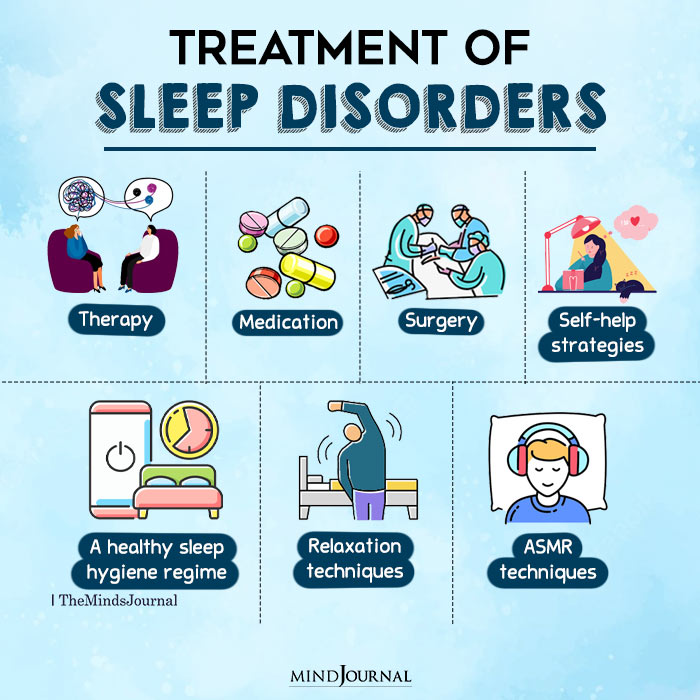
The following strategies are widely recommended for effective childhood insomnia treatment:
1. Medications
Before considering medications, it’s vital to consult with your healthcare provider to rule out any underlying issues.
Recommended edicines for childhood insomnia treatment include the following:
- Antihistamines: These can provide short-term relief but often come with daytime drowsiness as a side effect, limiting their use.
- Clonidine: Particularly relevant if your child also has attention-deficit/hyperactivity disorder (ADHD) or behavioral problems.
- Melatonin: A naturally occurring hormone that can help regulate sleep patterns.
- Risperidone: Sometimes prescribed for children dealing with autism or severe behavioral issues.
It’s important to note that, unless an alternative diagnosis underlies your child’s insomnia, prescription medications are typically not the initial solution.
Sleep difficulties in children can also affect the well-being of the entire family, causing stress and disruptions in household routines. Addressing childhood insomnia early with appropriate treatment can help improve a child’s overall health, well-being, and quality of life while preventing potential long-term issues.
Early intervention can prevent potential long-term issues and promote a healthier family dynamic, allowing everyone to enjoy better sleep and a higher quality of life.
2. Non-Medicinal Treatment
When it comes to helping your child overcome insomnia, there are several non-drug strategies that can make a significant difference. These approaches are not only effective but also promote healthy sleep habits for your child’s long-term well-being.
Encourage your child to embrace a sleep-friendly lifestyle. This means cutting back on caffeine, which can interfere with sleep, and ensuring they get regular exercise.
Related: Mental Health Wellness Guide For Your Child
Help your child establish a soothing bedtime routine. If they find themselves tossing and turning for more than 10 to 20 minutes, advise them to get out of bed and engage in calm activities like reading.
In the hour leading up to bedtime, steer clear of stimulating activities. This includes things like video games, TV shows, texting, or chatting on the phone.
By implementing these non-drug strategies and seeking expert guidance when necessary, you can empower your child to establish healthy sleep patterns.
Recovery of Your Child
Childhood insomnia may cast its shadow on your child’s dreams, but with the right approach, you can guide them toward a restful and rejuvenating slumber. Your child’s well-being is your top priority, and understanding the complexity of childhood insomnia is the first step in addressing it effectively.
As a parent, you play a pivotal role in your child’s journey toward better sleep and overall health. Remember, the road to recovery is multifaceted, and it’s essential to explore all available avenues to ensure your child thrives. Quality sleep is the cornerstone upon which physical, cognitive, and emotional development is built.
When it comes to treatment, there are both medicinal and non-medicinal options available. Medications should only be considered after consulting with a healthcare provider and ruling out underlying issues.
If childhood insomnia persists and starts to affect your child’s daily life, consider seeking professional help. A counselor or child psychologist, in addition to your pediatrician, can provide valuable insights and tailored strategies.
Frequently Asked Questions (FAQs)
Q1. What are the causes of childhood insomnia?
Childhood insomnia can be caused by daytime habits, stress, medication side effects, or spending too much time in bed.
Q2. How to treat childhood insomnia?
Childhood insomnia can be treated with medications like antihistamines, Clonidine, melatonin, or Risperidone (after consulting a healthcare provider). Non-medicinal approaches include a sleep-friendly lifestyle and a calming bedtime routine.
Q3. How are childhood trauma and insomnia related?
Childhood trauma may disrupt sleep patterns, affecting REM sleep and leading to distressing dreams and nightmares.
Q4. Can childhood insomnia go away?
Childhood insomnia can improve with the right treatment, including addressing underlying causes and implementing non-drug strategies. If it persists, professional help is advisable.
Q5. When should I consult a healthcare professional about my child’s insomnia?
If your child’s insomnia is persistent, impacting their daily functioning, or causing significant distress, it’s advisable to consult a healthcare provider, pediatrician, counselor, or child psychologist for a comprehensive evaluation and tailored treatment plan.







